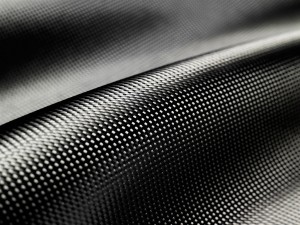
Audi is the latest company to step up its efforts to improve its technical competence in production of carbon fiber.
Add Audi to the growing list of automakers that are exploring carbon fiber to help improve fuel economy and emissions.
But interestingly, two other marquees within the extensive Volkswagen empire are already working on their own separate carbon fiber projects.
“Fiber-reinforced polymers offer weight and strength advantages, which we have already put to use in the Audi R8 and the Audi RS 3, for instance,” said Rupert Stadler, chairman of the Board of Management of AUDI AG. “We want to use these advantages for high-volume production as well, and therefore the focus of our partnership with Voith is on specific car projects.”
Audi is already a leader in lightweighting technology as one of the pioneers in the use of aluminum body structures.
The Volkswagen Group has experimented with carbon fiber production methods and used some of it on the XL1 hyper-mileage concept. Another VW marquee, Lamborghini, has worked with Callaway Golf on carbon fiber development. Lamborghini plans extensive use of the material in its upcoming Aventador supercar.
While automakers have worked hard in recent years to improve powertrain efficiency, until recently there has been less effort to reduce weight. In fact, vehicles have grown increasingly heavier as buyers demand stiffer structures and additional content.
It’s a tactic Jay Baron, chairman of the Center for Automotive Research, has long advocated.
Baron told The Detroit Bureau last year that the key to reducing weight is for material manufacturers to work together to take advantage of the strengths of their specific materials.
More manufacturers have used high-end models – such as Audi’s R8 and RS 3 – as test beds for developing exotic materials. As they learn how to produce the material more quickly and cheaply, they hope to apply it to mass-market vehicles.
Voith is a German multi-industry conglomerate that makes paper production machinery, hydro-electric turbines and offers other technical services.
“For Voith, technologies for the use of fiber-composite materials in industrial production are a key strategic competence,” said Dr. Hubert Lienhard, CEO of Voith GmbH. “Given the ever-greater requirements for efficiency, coupled with the need to protect the environment and conserve resources, we are certain that this competence will be demanded by more and more markets in the future.”

